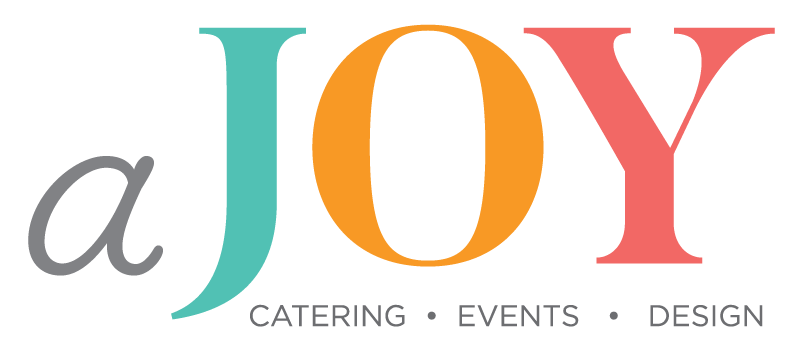orporate events are a great way to build relationships, celebrate achievements, and foster teamwork. One of the critical elements of a successful corporate event is the catering. At Joy Wallace Catering, we understand the importance of providing exceptional food and service that aligns with your event’s goals. Here’s a comprehensive how-to guide on catering for corporate events, ensuring your next business gathering is a success.
Planning Your Corporate Event
1. Determine the Type of Event: The first step in planning your corporate event is understanding its purpose. Is it a formal gala, a casual team-building retreat, a product launch, or a holiday party? The type of event will influence the catering style and menu choices.
2. Set a Budget: Establishing a clear budget is crucial. It helps in selecting the appropriate menu, decor, and additional services. Remember to allocate funds for potential extras like staffing, rentals, and gratuities.
3. Choose the Venue: Select a venue that suits the event’s size, style, and purpose. Ensure it has adequate facilities for catering, including kitchen access if necessary. The venue’s location should be convenient for your attendees.
Catering Styles
1. Buffet Style: A buffet is ideal for large gatherings, offering a variety of dishes that cater to different tastes and dietary needs. It allows guests to serve themselves and choose portions that suit them.
2. Plated Service: For formal events, a plated service is a sophisticated option. Guests are served individually, which adds a touch of elegance and allows for more controlled portions.
3. Food Stations: Interactive food stations add a fun element to your event. Options like taco bars, sushi stations, or pasta bars allow guests to customize their meals and engage with chefs.
4. Cocktail Reception: For networking events, a cocktail reception with passed hors d’oeuvres and drink stations encourages mingling and conversation. It’s perfect for events where mobility and social interaction are key.
Menu Planning
1. Know Your Guests: Understanding your attendees’ preferences and dietary restrictions is crucial. Offer a mix of vegetarian, vegan, gluten-free, and meat options to cater to all dietary needs.
2. Seasonal and Local Ingredients: Utilizing seasonal and local ingredients ensures freshness and supports local farmers. It also adds a regional flair to your menu, enhancing the dining experience.
3. Signature Dishes: Incorporate signature dishes that reflect your company’s culture or the event’s theme. This adds a unique touch and makes the menu memorable.
4. Beverage Selection: Offer a variety of beverages, including non-alcoholic options. If serving alcohol, consider a selection of wines, beers, and a signature cocktail that complements the menu.
Logistics and Setup
1. Professional Staff: Hiring experienced catering staff ensures smooth service. Professional servers, bartenders, and chefs contribute to the event’s success by providing excellent service and maintaining high standards.
2. Equipment and Rentals: Ensure you have all necessary equipment, such as tables, chairs, linens, glassware, and serving utensils. Consider renting additional items like tents, lighting, and sound systems if needed.
3. Timeline: Create a detailed timeline for the event, including setup, service times, and breakdown. Communicate this schedule with your caterer to ensure seamless coordination.
4. Decor and Ambiance: The decor should align with the event’s theme and the company’s brand. Simple yet elegant table settings, appropriate lighting, and tasteful decorations enhance the overall atmosphere.
Enhancing the Experience
1. Personalized Touches: Incorporate personalized elements like branded napkins, custom menus, or a company logo on desserts. These details make the event feel special and tailored.
2. Interactive Elements: Add interactive elements like cooking demonstrations, live music, or photo booths to engage guests and create memorable experiences.
3. Feedback and Follow-Up: After the event, seek feedback from attendees to understand what worked well and where improvements can be made. This information is invaluable for planning future events.
Conclusion
Catering for corporate events requires meticulous planning and attention to detail. By understanding the event’s purpose, choosing the right catering style, and offering a well-thought-out menu, you can create a memorable and successful corporate gathering. At Joy Wallace Catering, we pride ourselves on delivering exceptional service and culinary excellence tailored to your specific needs. For more information on our corporate catering services and to start planning your next event, get in touch!

